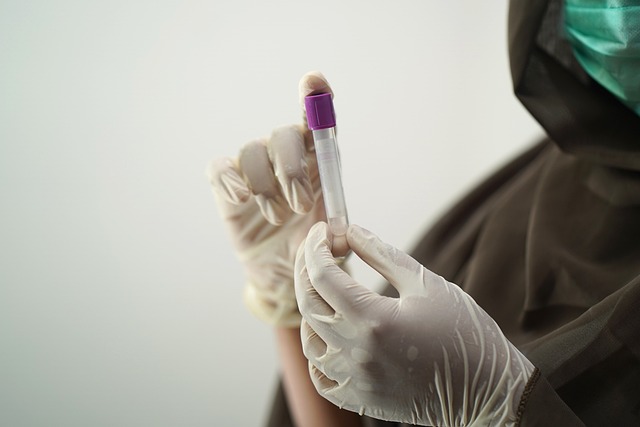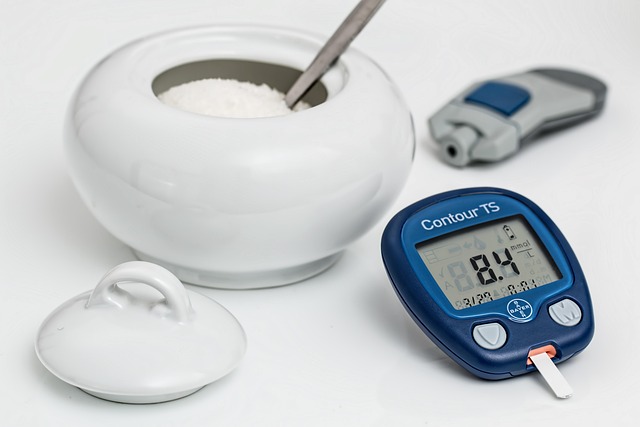The Ultimate Guide to Hematological Examination for Accurate Diagnostics
In the vast realm of medical diagnostics, a hematological examination emerges as a cornerstone for understanding a patient’s health. Blood, often dubbed the “river of life,” carries vital information that can illuminate many conditions, making its examination not just routine but essential.
What is Hematological Examination?
A hematological examination is a comprehensive analysis of blood components, including red blood cells, white blood cells, and platelets. This examination provides critical insights into a patient’s overall health and can help diagnose a spectrum of conditions affecting the blood and beyond. It’s a procedure that can often detect abnormalities, paving the way for early intervention and treatment.
The Importance of Hematological Examination
Every drop of blood tells a story. Whether you’re experiencing fatigue, unexplained bruising, or recurrent infections, a hematological examination can be a diagnostic hero. By assessing blood cell counts and their morphology, healthcare professionals can identify various disorders such as anemia, leukemia, and more.
Types of Hematological Tests
There are several key tests involved in a hematological examination, each serving a specific purpose:
- Complete Blood Count (CBC): This test measures the overall health of your blood, providing critical insights into red and white blood cell counts and hemoglobin levels.
- Blood Smear: A microscopic examination of blood can identify abnormalities in blood cell shape and size, which can indicate underlying conditions.
- Bone Marrow Biopsy: In cases where blood disorders are suspected, analyzing the bone marrow can reveal the source of abnormalities.
- Coagulation Tests: These tests assess how well your blood clots and can help diagnose bleeding disorders.
Preparing for a Hematological Examination
Preparation for a hematological examination often involves simple steps, though they may depend on the specific tests being conducted. Here are some tips:
- Discuss Medications: Inform your healthcare provider about any medications or supplements you’re taking, as they can affect the results.
- Fasting: Some tests may require fasting, so clarify with your doctor whether you need to abstain from food or drink before testing.
- Stay Hydrated: Drinking water can make blood drawing easier and more efficient, ensuring quality samples for analysis.
Interpreting the Results
The results of a hematological examination can sometimes be overwhelming. Abnormal results don’t always indicate a severe condition; rather, they can reflect a need for further investigation. A healthcare professional will help interpret the findings in the context of your overall health, identifying what the numbers mean specifically for you.
When to Seek Help
It’s vital to understand when to advocate for a hematological examination. If you notice persistent symptoms such as unusual fatigue, frequent infections, or heavy bleeding, it’s time to confer with a healthcare provider. Early detection and diagnosis can make a significant difference in treatment outcomes.
Final Thoughts
Engaging in a hematological examination is a proactive step toward safeguarding your health. This essential diagnostic tool empowers both patients and healthcare providers to unravel the complexities of blood disorders, ultimately leading to better health outcomes. When it comes to understanding what’s happening inside your body, knowledge is not just power; it’s essential for survival.




